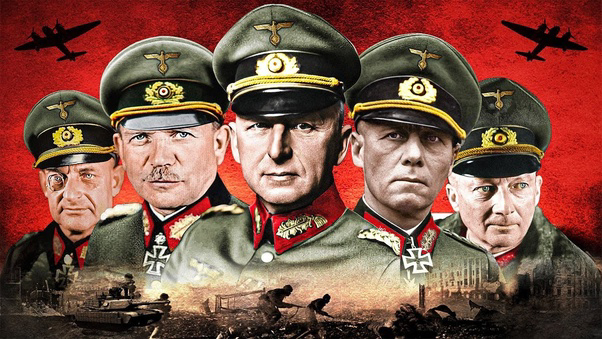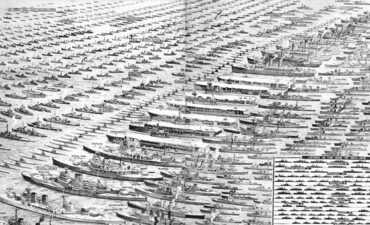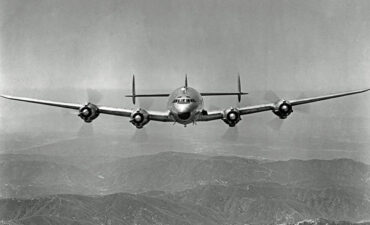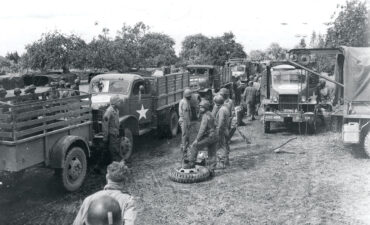Would Germany Generals Have Won WWII if They’d Had Their Way?
Would Germany Generals Have Won WWII if They’d Had Their Way? The question of whether German generals could have won WWII if they had “had their way” is complex, as it hinges on hypothetical changes to strategy, resources, and timing that were limited by the realities of Nazi leadership, particularly Adolf Hitler’s influence.
Strategic Differences Between Hitler and the Generals
Avoiding a Two-Front War: Many German generals were cautious about engaging in a two-front war, as they knew it would strain resources. Hitler, however, pushed forward with his plans against the Soviet Union (Operation Barbarossa), while also maintaining the Western Front. Generals like Heinz Guderian and Erich von Manstein were critical of this approach and believed that a singular focus could have provided a better chance for success.
Delaying or Avoiding War with the Soviet Union: Some generals believed Germany could have postponed or even avoided the invasion of the Soviet Union. They argued that without the enormous resources diverted to the Eastern Front, the Reich could have focused on consolidating gains in Western Europe, stabilizing its industrial and resource base, and strengthening alliances. This might have delayed or potentially prevented direct confrontation with the USSR.
Invasion of Britain: The failure of the Luftwaffe in the Battle of Britain was pivotal. Some generals, particularly those in the navy and air force, supported a more concerted effort to either blockade or invade Britain. With Britain out of the picture, Germany could potentially have fortified its control over Western Europe without fear of a Western Allied resurgence.
Operational Changes in Key Battles
Stalingrad and the Eastern Front: Hitler’s insistence on capturing symbolic targets, like Stalingrad, led to disastrous losses. Many generals, including von Manstein, believed in a more flexible approach that would avoid battles of attrition, conserving manpower for strategically vital operations.
Battle of the Bulge and Western Front Defense: Some argue that if the generals had employed a more defensive strategy on the Western Front, focusing on delaying Allied advances and conserving resources, they might have prolonged the war, though victory remained unlikely. Hitler’s insistence on holding every inch of ground often led to unnecessary losses and prevented strategic withdrawals.
Economic and Logistical Limitations
Even if German generals had made better strategic decisions, Germany faced severe resource shortages, particularly oil. Access to critical resources constrained the effectiveness of Germany’s military, regardless of strategy.
The economic power of the Allied forces, particularly the industrial capacity of the United States and Soviet Union, would have posed a major challenge no matter the generals’ plans. By 1944, Allied production far outpaced that of Germany, putting the Wehrmacht at a significant disadvantage.
Resistance Within the German Command Structure
Many German generals were initially loyal to Hitler or felt unable to challenge him due to the political structure of the Nazi regime. The military decision-making was often overridden by political decisions, with little room for dissent.
Conclusion
While some strategies might have prolonged the conflict or secured localized successes, it’s doubtful they would have led to a lasting victory. The overwhelming economic and military might of the Allies, combined with the strategic and logistical challenges Germany faced, would likely have prevented a German victory in the long term.










